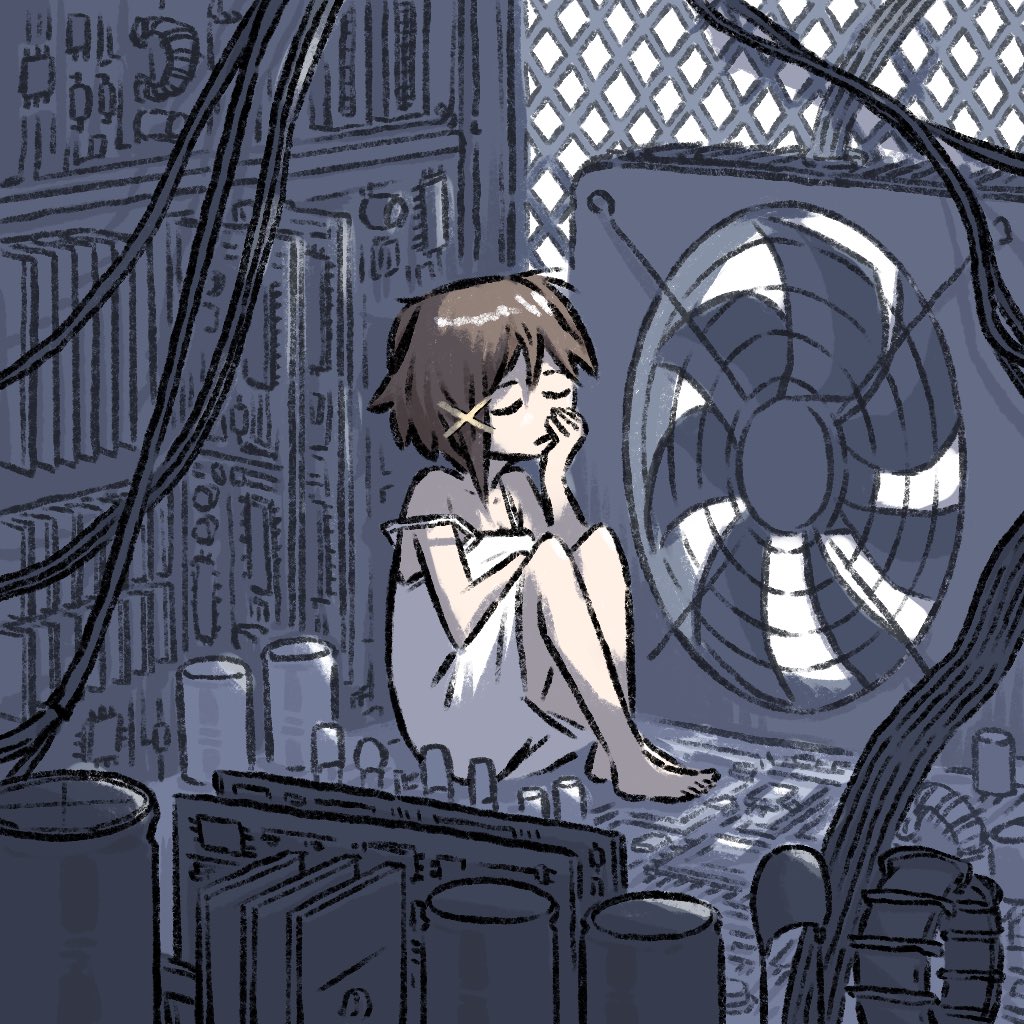- cross-posted to:
- unix_surrealism@lemmy.sdf.org
- cross-posted to:
- unix_surrealism@lemmy.sdf.org
I haven’t updated my Manjaro install for past 2 months. Things are going to be crazy.
I haven’t updated my Arch install for almost 2 months. Things are going to be… seemless, probably. I do this all the time. It never breaks.
The worst I did, a computer without turning it on and not being updated for 2 years. Long long ago. I think I even got a huge change, don’t remember if it was a big kernel version or the change to systemd. It basically just worked and there was a single thing I had to do that was in the news page.
Arch works fine for those who know how to read.
I just updated. No issues this time. I just had to re-compile dump1090 and WSJT-X, but that’s expected. Dependencies.
Well, looks like I forgot for another month, but 3 months was no problem either.
Last bug I had was a power management daemon bug in kde and it was fixed the next day. It was also a desktop so only brightness control was broken (whoop-de-do My brightness didn’t work on a desktop).
Not to bad after 6 months from when I first switched from Windows.
I haven’t updated my manjaro install for 35 seconds. Things are going to be crazy.
.
/s
It’s crazy hearing all the Windows hate but then hearing this.
This is why I prefer friendly and stable distros, I don’t have time to fix Linux every month.
I‘m having (minor) trouble with updating my machine about every year or two. That’s exactly the same experience I had with Ubuntu, when installing a major upgrade every 1-2 years. The only difference is, that with Ubuntu I had 20 broken packages and no clue what to do. Now I have trouble with one or two packages and the solution can be found right on the homepage of my Distro.
The only thing that breaks my workflow with every update is Gnome. But there’s a simple solution for that: Don’t use Gnome.
I use Arch by the way.

I do have time to fix Linux every 2 years
I haven’t updated my Gebtoo install for past 6 months. Things are going to take a bit longer then usual.
But since there are binaries available now, it may go faster.
That’s how I broke my manjaro on 2 PCs at once :D now I’m going to update my fedora for the first time in like 3 months and see what happens
I broke it the same way years ago! And now I haven’t updated openSUSE Tumbleweed in 4 months and I know I won’t have any issues when I do, there’s no rush!
I keep meaning to set up timemachine but just roll the dice every few weeks. I think it bit me once and it was only for the weirdo wifi driver I needed and installed the lazy way.
The blog is probably smart to check if you see anything weird in pamac but otherwise I’ve either been very lucky or things have been pretty stable.
Oh I never saw this one . Got a good laugh! Nice post!
Cheers! Find more over at !unix_surrealism@lemmy.sdf.org
SDF SDF!
cool!
thank you for posting that here! love your stuff and wouldn’t have found it otherwise.
I’m grateful!
Well I’m hooked
❤️
I update my Arch when:
a) I want to install new software
b) Arch news mentions an update requiring manual interventionSo, about once a month. Takes 5 minutes including a reboot and I haven’t had the slightest issue so far.
This was way more complex 10 years ago. I quited arch after the second update broke my system and I had to fix it for a week
Linux-based systems in general have matured to a point where it’s pretty painless regardless of distro.
Yeah and I love it. For my part I am very happy with debian-testing
Updates requiring manual intervention? I use Ubuntu LTS btw.
It’s a rolling release distro. It continuously changes. So sometimes there are changes that can’t be resolved just by updating packages.
During the past year, there were half a dozen changes that required running an additional terminal command before an update.
https://archlinux.org/news/ mentions when that is the case, and there’s also several ways to get a warning before you update.On the other hand, you never have to do an upgrade from one release version to the next (which has never once worked for me on Ubuntu LTS).
Huh. I’ve been running Arch for over 7 years and I don’t think I’ve ever run an additional command before updating. Simply just updating has worked for me.
It might have worked for you, but you might have accumulated some outdated cruft and missed replacements of old packages that way.
Keep it rolling!
laughs in Debian
Void gang!
Pretty stable even tho it is rolling release 🧐🍷
Laughs in raspberry pi os
I update like 3 times a day on fedora. Does this count as ‘rolling release’?
Technically it’s semi rolling. Desktops are frozen but other stuff is not
not the spins though (at least no KDE.)











